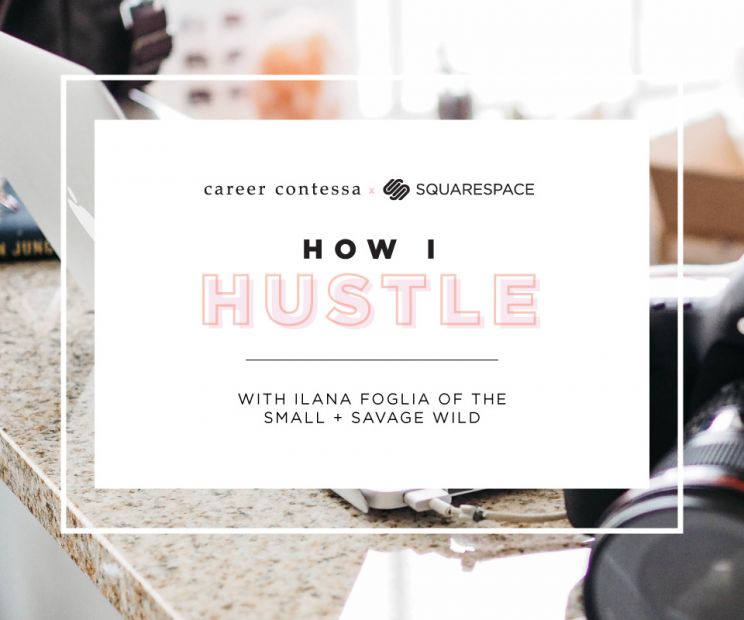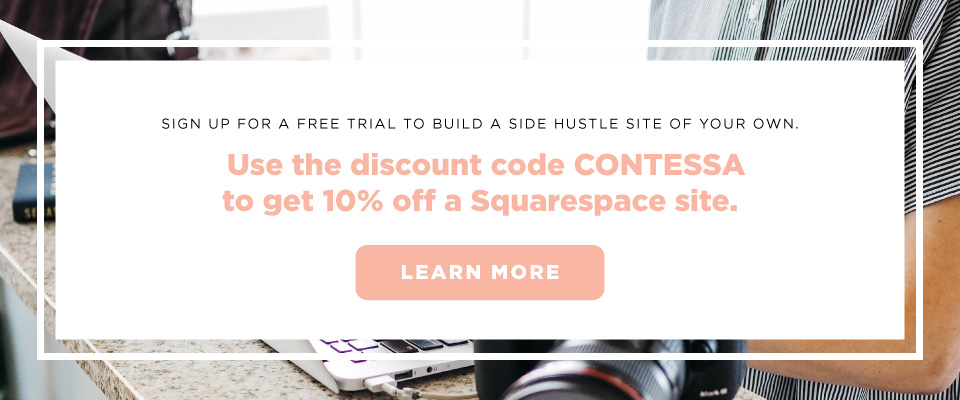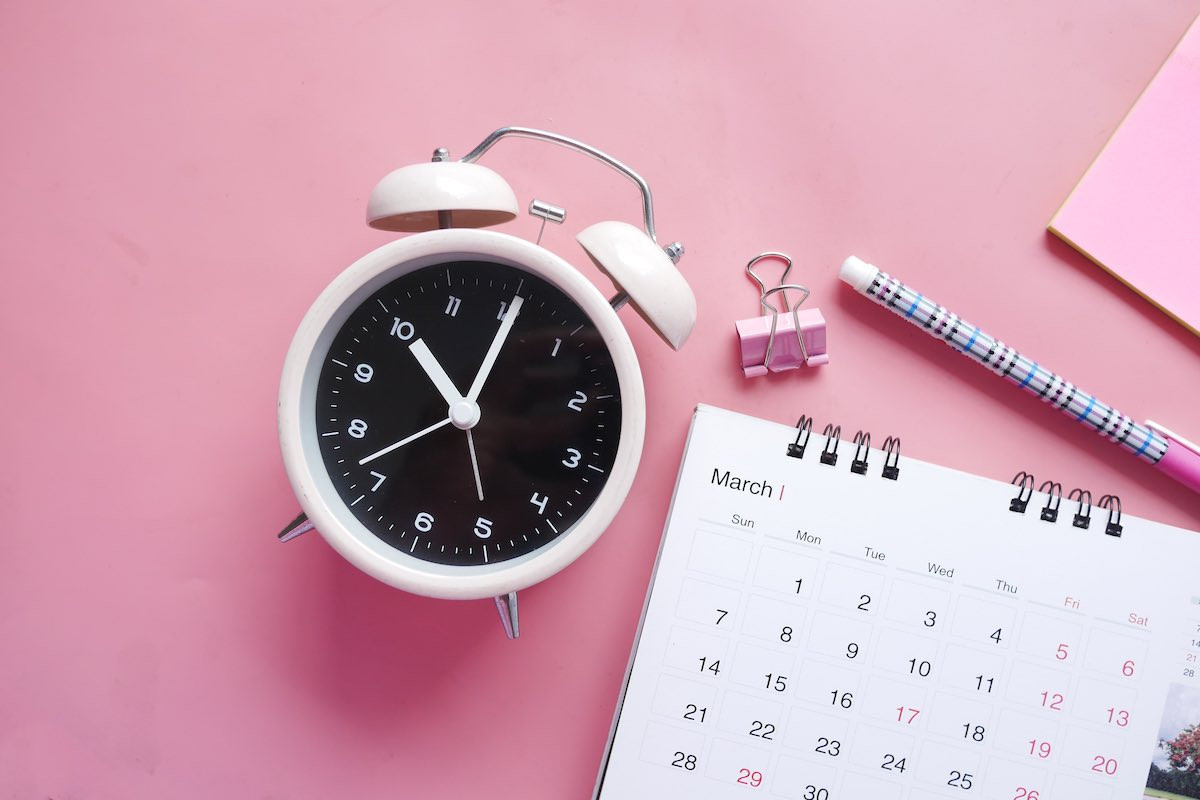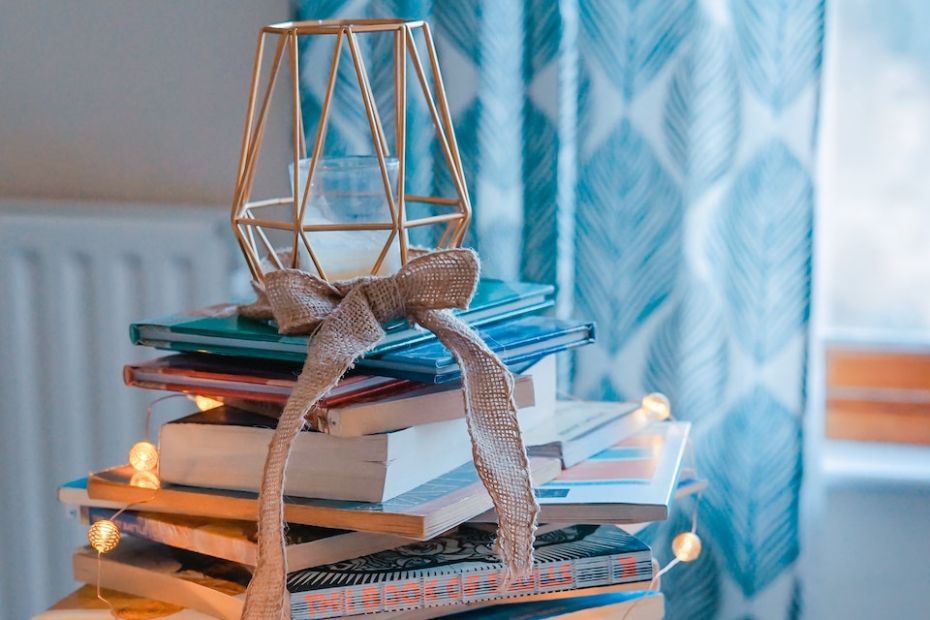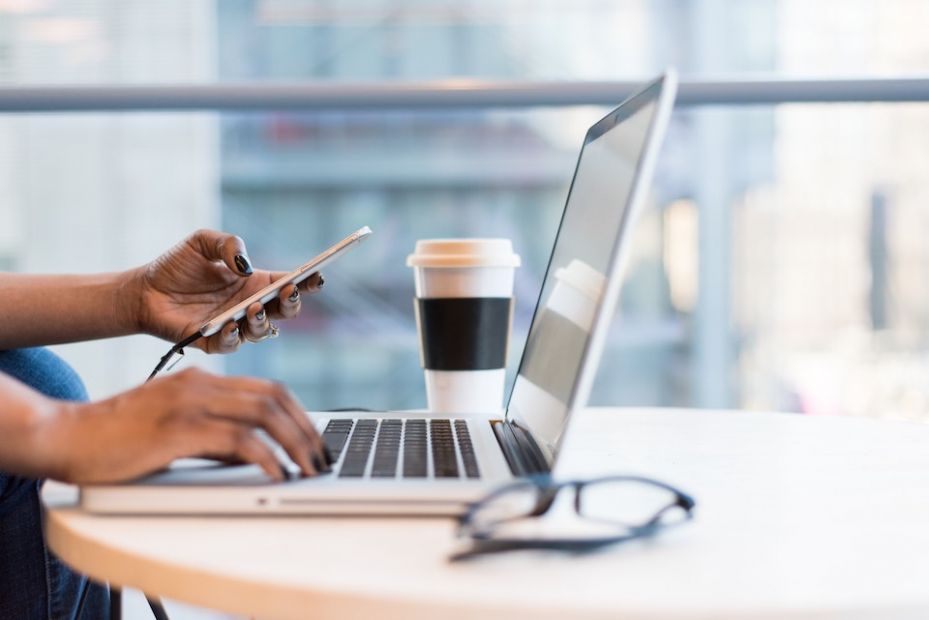Over the next few weeks, we're spotlighting women who juggle a full-time career or day job and an after-hours passion project. Some have even hustled their way into running their businesses full-time. Doing what you love takes some serious work—but it's seriously worth it.
This week we're talking to Ilana Foglia. By day, she works for Tastemade as a video editor. After hours, she and her partner, Jeremiah Catling, run The Small + Savage Wild.
The Backstory
The Small + Savage Wild was born straight out of my own home. I lost my mother at the end of 2014, and when I got back to Los Angeles my boyfriend, Jeremiah, and I began working on some projects to “nest” and make our apartment our home. One of the things we needed was some alternative shelving. I'd started collecting these small pieces at craft fairs and I collect antique cameras, so I wanted to have them out on display. A bookshelf would have been too bulky for such small objects, so we brainstormed and came up with a simple triangle shelf.
We pride ourselves on making products that were designed out of necessity and completed in a clean, minimal aesthetic. Each of our pieces has been designed from a need. We wanted our brand to really speak to what our aesthetic was in our own space. TS+SW is truly the perfect fusion of both Jeremiah and myself.
How a day job can help you Hustle
I think that maintaining our day jobs was critical to being able to grow TS+SW the way we wanted to. Since we don’t rely on TS+SW as our main source of income, we have the amazing ability to turn down projects (wholesale accounts, custom builds, etc.) if we don’t feel that they truly fit our brand.
That freedom also allows us to take the time to cultivate relationships with other makers via collaborations or with stores we feel we pair well with. [Our day jobs] also force us to step away from TS+SW, which allows us to gather great perspective on designs, workflow, and our projects. We both pull inspiration from our surroundings, and each of our day jobs are filled with creative inspirations. Being intentional and doing things because you want to not because you have to makes all the difference in the world.
I find that each job—both my day job as a video editor and as a creator of TS+SW—scratches two very different creative itches. I am a very visual person, and there is something so satisfying sharing my work with the world. My day job allows me to edit videos I know that millions of people will watch, while TS+SW allows me to handmake work for people to keep in their home that helps them hold their memories.
How She dealt with (inevitable) Burnout
24 hours never seems to be quite enough. I only recently started scheduling “me time" in my days. At one point, I was completely burnt out, I wasn’t performing well at either job, I wasn’t taking care of myself, I was picking fights with my boyfriend and my friends, just all the things you don't want to do. I realized I was punishing myself constantly and not doing a single thing to make sure I was okay. I realized that if I didn’t take care of myself then how could I possibly function and do the things I wanted to be able to achieve.
I had to just stop. I took some time off. The happier and more rested you are, the more creative you can be, the more pleasant you are to interact with, and the more successful you are.
On The Importance of Online Presence
We really gained our traction online and through social media when we first started. Since we don’t have a brick and mortar store,
our site (hosted on
Squarespace) is the first impression people get of our brand.
Because of the nature of our products and creating pieces that exist in rooms and environments, our visual branding is vital. We make products that help shape people's’ spaces, creating displays and vignettes in their home. We know that when people buy a piece from us, they're not just buying our product, they're buying into our brand story and aesthetic as well.
When we were setting up our site initially we knew we had to go with
Squarespace because their layouts and platform allowed us to seamlessly align
our online store with our brand aesthetic.
Her Advice for Other Hustlers
What’s some advice you’d give someone looking to start a side hustle? What’s something you wish you’d known when you started yours? Any mistakes you made that taught you something major about running a hustle?
One of the most effective lessons I had to learn was that I could make the rules and policies for our company. Just because someone wanted a piece in three days didn’t mean I had to make it in three days.
Customer service is important, but you never want to feel bullied into things. Turnaround time was—and still is—a sensitive issue for us. We had stores reach out to us and try to dictate how we would do wholesale with them. It was abrasive and caused so much anxiety for us individually and created friction in our working relationship.
Taking the time to sit down and work on your policies on your own before engaging with others can help you have confidence in the choices you make. I began (kindly!) outlining our store policy, which includes a three- to five-week turnaround. And it isn't up for discussion. You made that policy for a reason, and you don’t have to apologize for it.
What’s your best financial or business advice for someone who wants to run a side business?
We made a proactive choice to not invest a lot of money into the company when we first started. We wanted this endeavor to pay for itself. We used tools we had around already, and as we gained traction, we invested all the income back into the company.
We also haven’t ever taken a paycheck, but the company covers meals and travel and whatnot. If you have the luxury of turning your side hustle into something successful, go for it. Maintaining that day job gives you the creative and financial freedom to grow and build the business however you’d like.
I also was meticulous about tracking expenses, saving receipts and keeping our financial information organized from day one. That's invaluable. Once we grew enough, we actually started working with a bookkeeper, which was another amazing tool. She specializes in working with independent creatives like us, and handing the financial paperwork to her allows me to not stress about it and put more energy into growing our business.
What are some of the tools you use to run your business?
Well, since our business is woodworking, we have a woodshop in our garage with all sorts of fun tools...but in all seriousness, we began our business on social media, so we use a lot of social platforms.
Instagram is our home base. That's where we have direct contact with other makers, stores, and customers. It's especially suitable for us since our product is so visual.
We use
Later and
Planoly [to help us with posting]. They're social media planning tools that offer slightly different services. We usually suggest people pick just one, but we have found a good workflow using both. We use Planoly (since they have now integrated Instagram's auto-posting feature) for Instagram and Instagram stories, while we use Later for Pinterest and Facebook.
And again, since our work is
so visual, we wanted to make sure our website would emulate our aesthetic while still being easy enough to use.
Squarespace has been such a great platform for us—it makes our lives so much easier. Since we sell direct to consumer, we use
ShipStation (which integrates with Squarespace seamlessly) for our shipping needs. Last but not least, we use the always reliable
Quickbooks and Adobe Creative Suite for all my video and photo needs.
You’re working on your side hustle with your partner. What’s your best advice for working with someone you love (whether it’s your romantic partner, a family member, or a friend)?
Working together was not something we planned on doing—it just evolved out us making our living space our home. It was certainly a learning process for both of us. We had to work on our communication skills, how we handled frustration, and how we balanced the relationship and the job. It’s not an easy undertaking, and it certainly can make or break relationships, but we knew what we wanted our end goal to be. Communication is 100% the most important skill to have when working with someone you are close with. Being able to communicate where you're at (and hear them when they share where they're at) is vital. It will help you balance the working relationship.
I try to stay hyper-vigilant about how my actions affect my partner's feelings, so I can be the best partner possible. Of course, we are all human, so sometimes we slip up. Forgiveness and empathy are tied for the second most important skill if you want to make your working relationship prosper.
We've also been getting more aware that we need to set aside time to focus on us. We try to have a date night once a week. Because at the end of the day he’s my best friend and boyfriend for a reason, and we like spending time together.
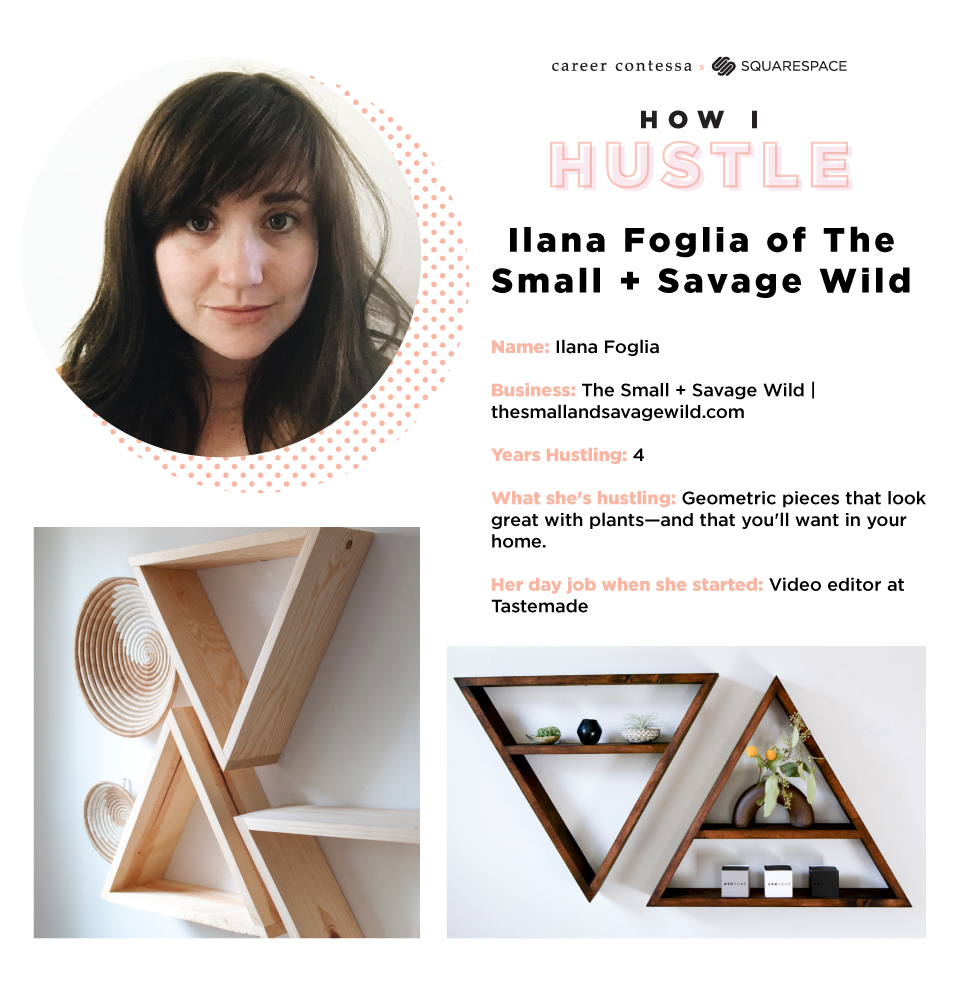
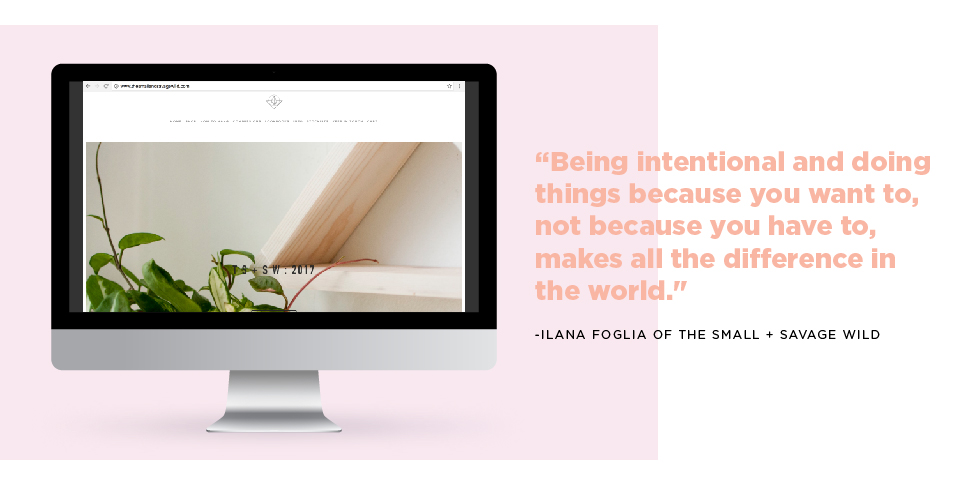 thesmallandsavagewild.com, hosted on Squarespace.
thesmallandsavagewild.com, hosted on Squarespace.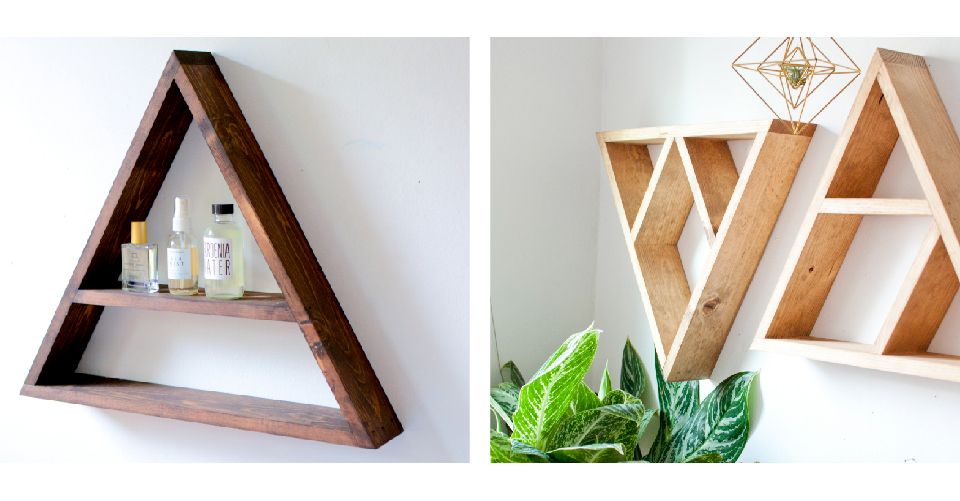
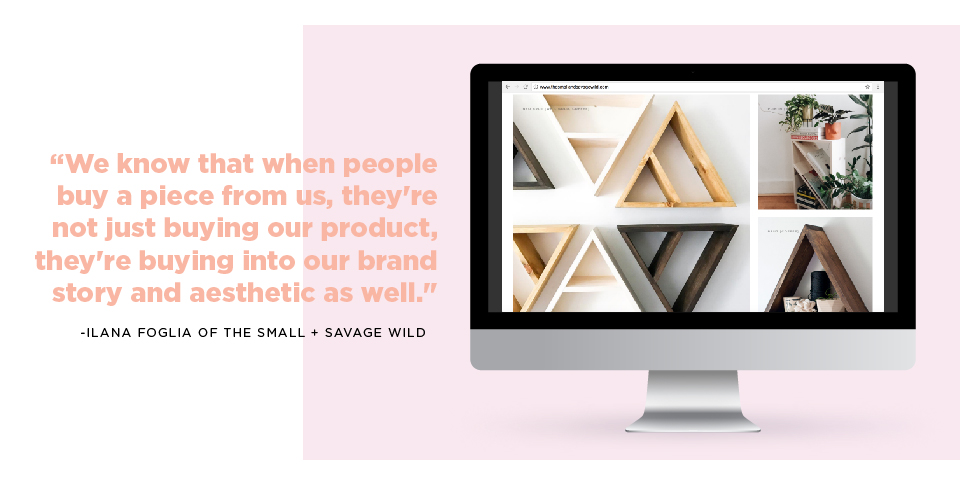 thesmallandsavagewild.com, hosted on Squarespace.
thesmallandsavagewild.com, hosted on Squarespace.